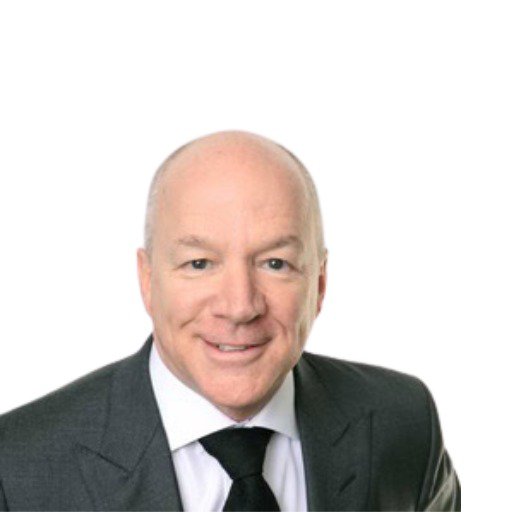The proliferation of misinformation, deceptive content, and deepfake technology has raised significant concerns about the impact on society, elections, and trust in online information. Bob Huber, Chief Security Officer and Head of Research at Tenable, discussed the complexities of discerning authentic content from manipulated information. There is major concerns and difficulty faced by individuals and tech companies in identifying and addressing deceptive content, the potential impact on critical situations such as elections, and the urgent need for proactive measures and regulations.
Huber commented,
“As far as information, you bring your own bias. And, unfortunately, there's enough sources of information out there that I can pretty much filter down the only things I'm interested in.”
The prevalence of misinformation on social media platforms remains a challenge, and one that isn’t easily solved. The struggle of the average person to identify and verify deceptive content, amidst implicit trust in information without validating its sources. The significance of social media likes and shares becoming perceived affirmations of truth, perpetuating a snowball effect of belief. The potential consequences of misinformation in critical situations like natural disasters and elections were underscored, with a deep concern about the vulnerability of elections to manipulation and interference.
“I don't know what that new technology looks like or how it's going to appear in front of me so I can discern whether this is legitimate content or not.”
Huber went on to say.
Deepfake technology and the challenges of detecting altered voices, the potential influence on elections, and the difficulty in discerning real from fake content. Huber's acknowledgment of the difficulty in identifying and addressing deepfakes on social media and other platforms generates a new conundrum and one that we as an industry are trying to solve.
Responsibilities of tech giants in monitoring and addressing harmful behaviour. The limited efforts to mitigate misinformation and the lack of clarity and accountability were highlighted, questioning the genuine intentions of these platforms in combating deceptive content. The need for the right regulations and penalties to address the spread of deepfakes and their potential impact on election results for example.
“There is no shortage of information about candidates and elections and and all kinds of information on a on a nonstop basis. Right? That material, that's fodder for adversaries or people who do wanna influence or interfere.”
Huber added.
The potential impact of deepfakes on election interference with a call for international norms to regulate cybersecurity and synthetic information is next practical step. The significance of utilising technology to police content, coupled with the challenges of enforcing regulations globally, to reduce the spread of deceptive content.
The urgency of studying the impact of manipulation on election results globally will be interesting to see what is unveiled post election.
Companies like Ban Deepfakes are pushing awareness in the space around the impact and harm that deepfakes generate.
The challenges of identifying deceptive content, the potential impact of deepfakes on elections, and the urgent need for proactive regulations and penalties is a collective effort in reducing misinformation and propaganda.









